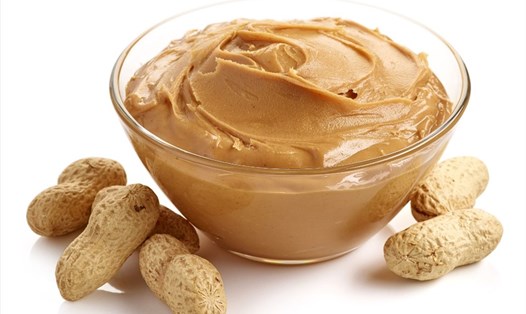Misconception that peanuts cause rapid weight gain
Peanuts are high in calories but can aid in weight loss if consumed in moderation. Research from the Harvard School of Public Health shows that nuts, including peanuts, can help reduce the risk of obesity thanks to their ability to make you feel full for a long time. The protein and fiber in peanuts slow down digestion, thereby helping to control food intake.
Misconception that roasted peanuts are better than raw peanuts
While roasted peanuts may taste better, research from the American Heart Association suggests that roasting peanuts at high temperatures can destroy some of their antioxidants, like resveratrol. Raw or lightly roasted peanuts are a better choice if you want to get the most nutrition.
Misconceptions are good for everyone.
Peanuts are a great source of nutrition, but they are not suitable for everyone. According to the National Institute of Allergy and Infectious Diseases (NIAID), peanut allergy is one of the most common and severe food allergies, and can cause anaphylaxis in some people. People with gout or high uric acid levels should also limit their peanut consumption to avoid flare-ups.
Myth: Peanuts do not affect heart disease
Peanuts are a heart-healthy food when consumed unsalted and unprocessed. Research from The Journal of Nutrition shows that the monounsaturated and polyunsaturated fats in peanuts help reduce the risk of cardiovascular disease, but consuming peanuts processed with a lot of salt can cause high blood pressure, negatively affecting heart health.
The myth that peanuts are a "poor" energy source
On the contrary, peanuts contain many nutrients, from protein, fiber, to vitamins such as E and B3. The World Health Organization (WHO) recommends using nuts such as peanuts in the daily diet to supplement nutrition, especially in areas with food shortages.










